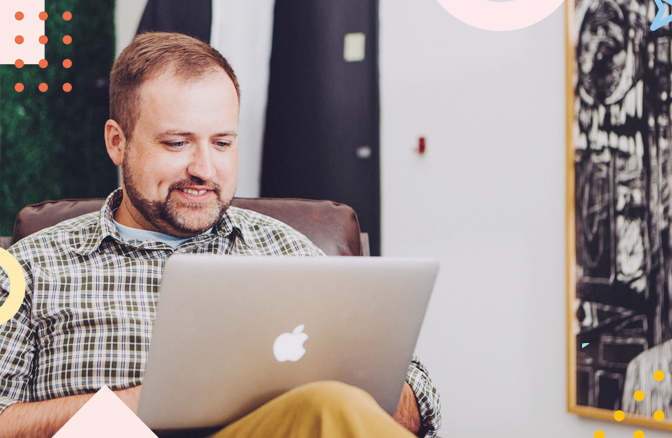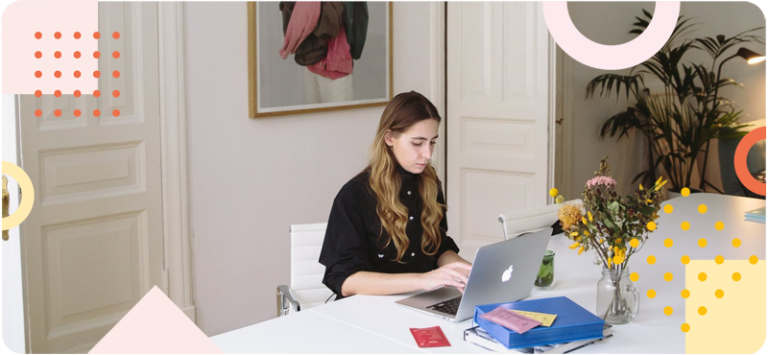We recently became aware of an incident involving a small business owner that was facing a four figure fine because of copyright infringement, something that they were completely unaware had occurred. And it could happen to you too.
They have a small, but very successful, catering company based in the South East. As with many smaller businesses, the owner was hugely talented in catering which is where they focussed their attention, outsourcing many of the other tasks associated with the day-to-day running of a business, such as website updates, digital marketing and SEO.
The company they used for the digital marketing was charged with adapting blogs and uploading them to the website, which in most cases included supporting images to bring the posts to life. Now mostly these images were taken by the owner, of their food and premises, however on occasion more ‘vanilla‘ images were used.
In one case, the image was pulled from the internet – likely just from Google Images – and used on the post. Several months later, a letter arrived demanding a fee of over £2000 for copyright infringement. Wow.
Two. Thousand. Pounds.
There is potential room for negotiation but at the end of the day, copyright was infringed and they are liable. And the company that posted it are nowhere to be seen – not their URL, not their website, not their problem.

So how can you avoid a several thousand pound fine?
To be clear, we are no copyright lawyers or should be used as the basis of what is absolutely right or wrong (there is our legal disclaimer!) but below are some simple tips to follow that should help you avoid any trouble, however our advice is to read this guide from the government as a solid start-point:
- Ask where images are from – if you outsource your marketing, before anything is approved and published online or in hard copy format, ask where the image is from and make 100% that copyright has been acquired.
- Don’t use Google Images – this is a common pitfall. When you add an image to your website, it will be indexed by Google as part of their crawl. Because it pops up on Google when you search their image library, does not mean you can use it. Always avoid downloading a Google image and utilising it, as you will almost always not have permission to use it for your own purposes.
- It isn’t just web – we’ve seen countless presentations where the presenter is using a PowerPoint littered with random images that they have pulled from the web. Now while it is less likely you will be picked up for copyright infringement based on a PowerPoint that relatively few people will see, it is still a breach of copyright law and as such you should avoid.
- They will find you – you would be forgiven for thinking that an image you’ve pulled from Google that is sitting on a third tier page on your website will never be stumbled across by someone who will take offence by it, but you would be wrong. These companies that seek to find copyright infringements use intelligent software to scan file names and other properties automatically to find offenders – that is how our small business owner got caught out.
- Use reputable sources – we created a blog last year around places to get great stock that gives you copyright and permissions to use, so take a look and see which suits you best.
- If in doubt, don’t use it – well not much more is needed to embellish on this point! If you don’t know where it is from, you didn’t take it or you don’t have a license to use it, don’t use it!
Don’t let it keep you up at night.
It isn’t something that should keep you awake at night, but it is something you should be aware of and vigilant about, so as long as you follow the steps above you should be okay, but if in doubt – double check or just don’t use the images or footage you wanted to until you’re sure.





